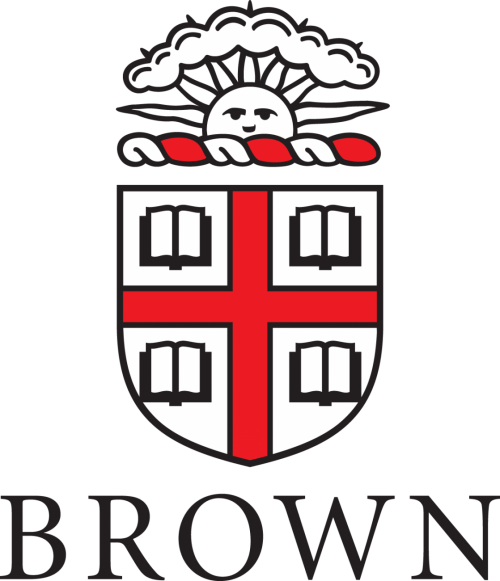
We seek junior colleagues whose work directly addresses and critiques the structures of power, exclusion, erasure, and violence that have scaffolded past and present models of Classics. The Department fosters especially strong relationships with other departments and centers in the humanities and with the Brown Arts Institute (BAI), a recently formed research enterprise and catalyst for the arts within the university and beyond. In addition to the fellows that will begin in Fall 2023, we intend to appoint two further fellows the following academic year. These cohorts will form the nucleus of an intellectual and creative community that builds upon established and still emerging departmental strengths and is well-equipped to develop new approaches to Ancient Greek and Roman cultures.
The Fellowship is open to all areas of specialization and subfields within Classics (e.g. art history, literary studies/philology, numismatics, ancient history, philosophy, reception studies) as well as to those not traditionally housed within it (e.g. political science, linguistics, language pedagogy, higher education studies, public humanities, museum studies, architecture, creative writing, theater, dance, translation studies, indigenous studies, performance or performance history, musicology). Ideal candidates position their work's intervention in relation to other disciplines, fields, institutions, and/or industries. They apply their intellectual, methodological, artistic and/or historical insights to matters of practice and prioritize making contributions to intellectual, artistic, and/or activist communities. The work can take the form of traditional scholarship (e.g. monographs and articles) or be more pedagogical, public-facing, creative/artistic, or otherwise trans/inter/extra-disciplinary.
We particularly welcome applications from members of groups that have been minoritized and underrepresented in academia.
The Fellowship does not come with any formal teaching responsibilities. Fellows will be given the time and support necessary to make progress on their research/creative projects and to share it with communities on and off-campus. Each fellow should expect to host one departmental event (e.g. lecture, symposium, performance, screening) and one informal event (e.g. workshop, interview, open rehearsal, table read, write-on-site) geared towards graduate students in Classics each academic year. They will also participate in regular cohort-building and networking activities.
Each fellow will earn a salary of $65,000 in year 1 and $70,000 in year 2. In addition to a full benefits package, each fellow will receive a research fund of $10,000 and access to a shared office space. Fellows are expected to be in residence for the full term of the fellowship and will receive a $3000 moving allowance to ease the burden of relocation.
Qualifications
Applicants must have received their terminal degree (Ph.D. or MFA) within the last five years (excluding career breaks, medical leaves, parental leaves, etc.) or have the degree in hand by the start of the fellowship term, July 1, 2023.
Application Instructions
A complete application should be submitted through Interfolio by March 1st in order to receive full consideration, but the search will remain open until the position is filled. A complete application includes:
- The online application form
- A max. 500-word project description/précis/artist's statement
- A curriculum vitae
- A writing sample of 20-25 pages or equivalent (e.g. an article, a portfolio, a script, an excerpt, a video of a performances, a critical translation or commentary with translator's preface)